In the annals of military history, some tactics have gone down in infamy for their unintended consequences. These strategic blunders serve as stark reminders of the unpredictable nature of warfare. From misjudged maneuvers to underestimated adversaries, here are nine military tactics that backfired spectacularly.
1) The Charge of the Light Brigade
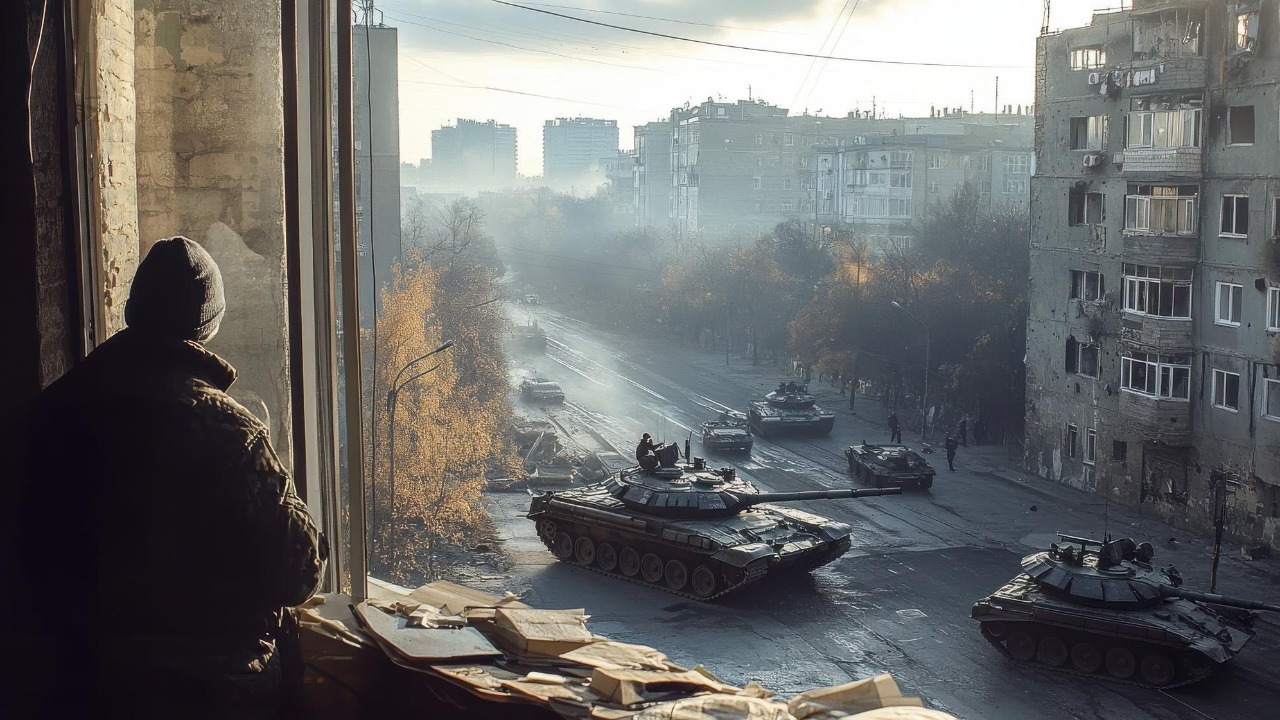
The Charge of the Light Brigade, during the Crimean War, is a prime example of miscommunication leading to disaster. In 1854, British cavalry was ordered to attack a well-defended Russian artillery position. The order was based on unclear instructions and resulted in heavy British casualties. Despite their bravery, the Light Brigade’s charge became synonymous with futility and poor military planning.
The infamous charge highlighted the dangers of unclear communication in warfare. The event was immortalized in a poem by Alfred Lord Tennyson, capturing the tragic heroism and the costly consequences of misjudged military orders.
2) Operation Barbarossa
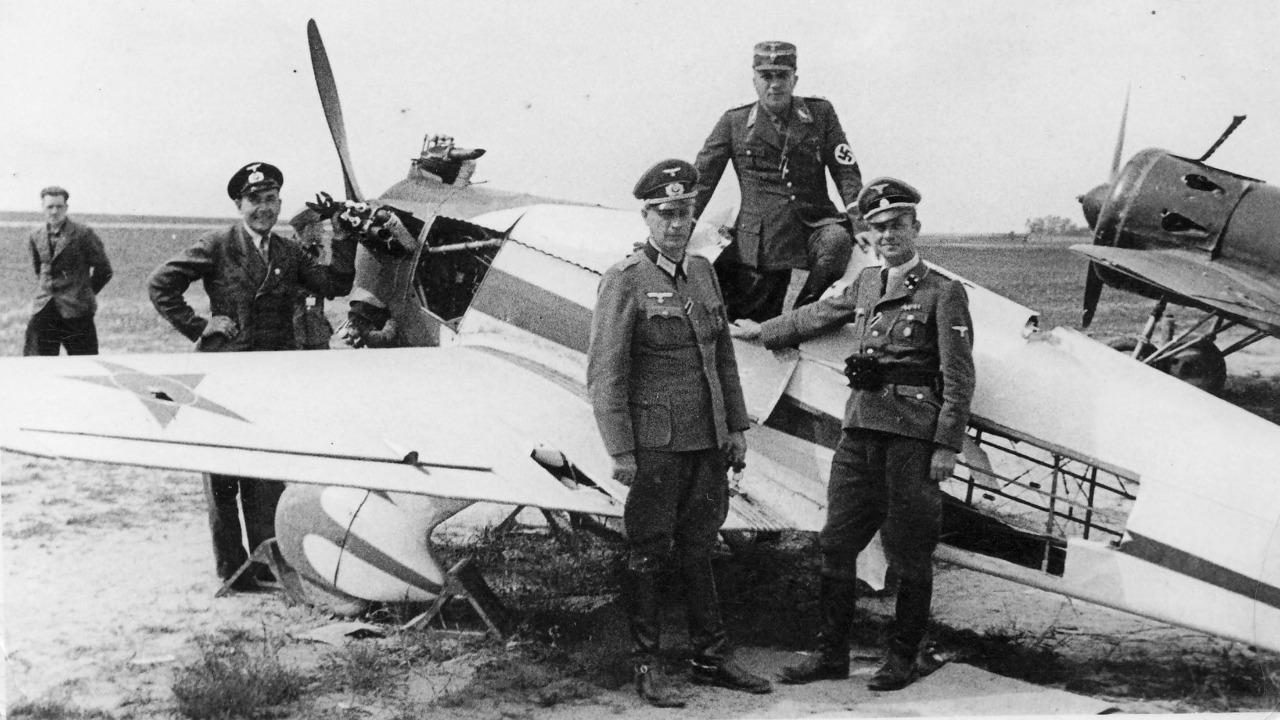
Operation Barbarossa was Nazi Germany’s ambitious plan to invade the Soviet Union in 1941. Initially, the operation seemed successful with rapid advances. However, the German army was unprepared for the harsh Russian winter and the vastness of the Soviet territory. This oversight allowed the Soviets to regroup and eventually push back the invading forces, turning the tide of World War II.
The failure of Operation Barbarossa was a pivotal moment in the war, highlighting the perils of underestimating an opponent and the environment. The operation’s failure is often cited in discussions about military overreach and the importance of logistical planning in warfare.
3) The Maginot Line
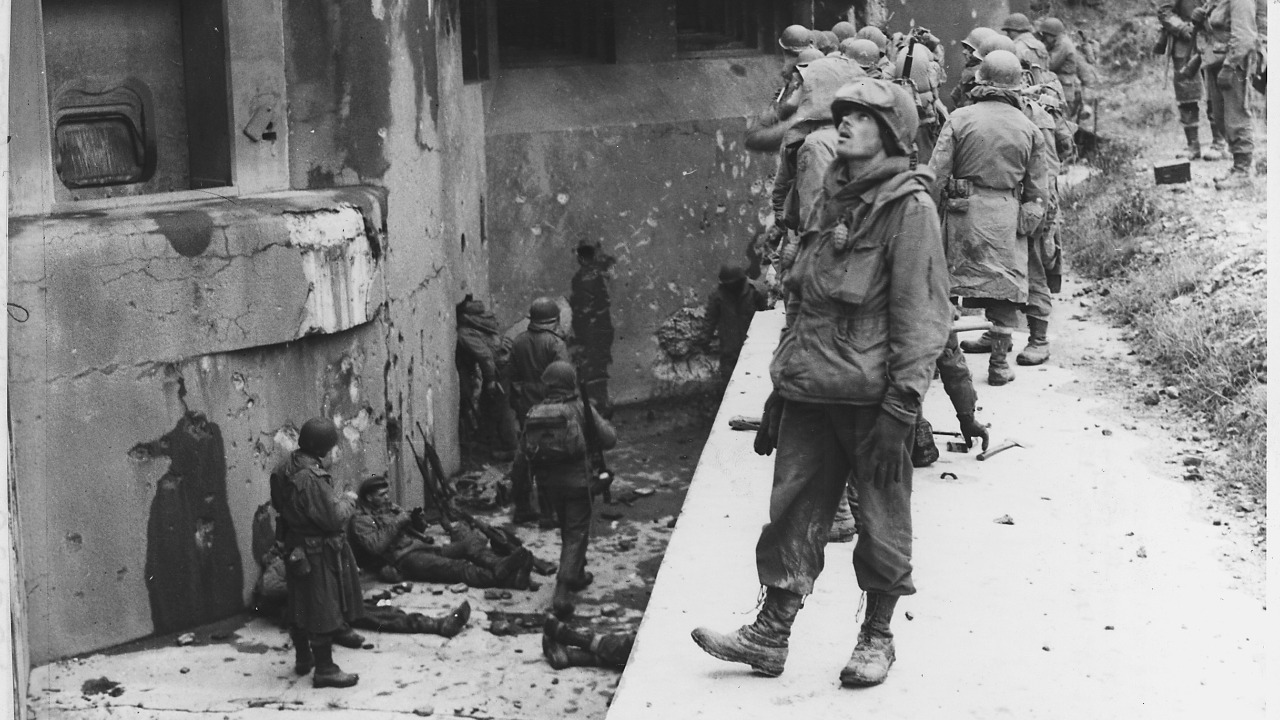
The Maginot Line was a line of fortifications built by France along its border with Germany after World War I. The French believed it would deter any German invasion. However, during World War II, German forces bypassed the line by invading through Belgium, rendering it ineffective.
This strategic blunder underscored the risks of relying too heavily on static defenses in a rapidly changing military landscape. The Maginot Line has since become a metaphor for misguided military strategies and the importance of flexibility in defense planning.
4) The Battle of Little Bighorn

In 1876, General George Custer led his troops into the Battle of Little Bighorn against a coalition of Native American forces. Underestimating their numbers and resolve, Custer’s forces were decimated. The battle became known as “Custer’s Last Stand” and was a significant victory for the Native Americans.
The defeat at Little Bighorn highlighted the consequences of arrogance and poor reconnaissance in military operations. It remains a stark reminder of the need for accurate intelligence and respect for one’s adversaries.
5) Operation Eagle Claw
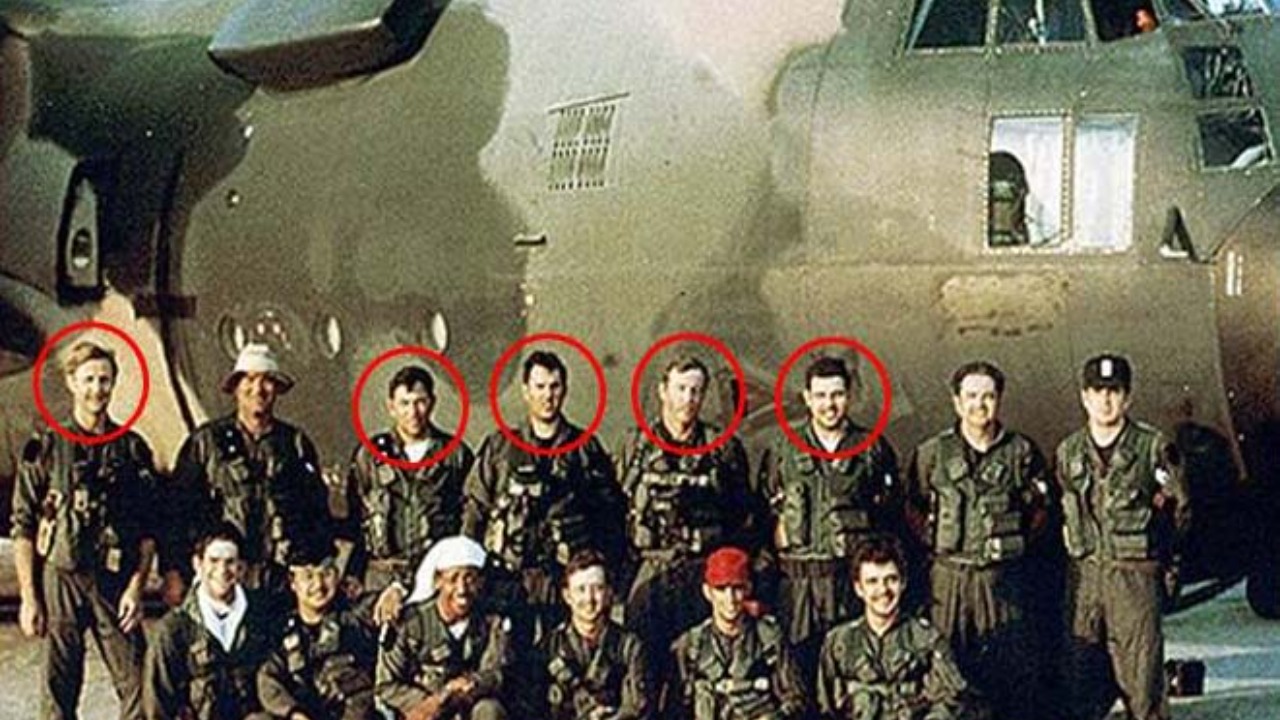
Operation Eagle Claw was a failed U.S. mission to rescue hostages in Iran in 1980. Mechanical failures, poor weather conditions, and coordination issues led to the mission being aborted, with the loss of eight American servicemen. It was a sobering moment for American military confidence.
The operation’s failure emphasized the complexity of hostage rescue missions and the need for meticulous planning and execution. It also led to significant changes in U.S. military special operations, shaping future tactics and strategies.
6) The Gallipoli Campaign
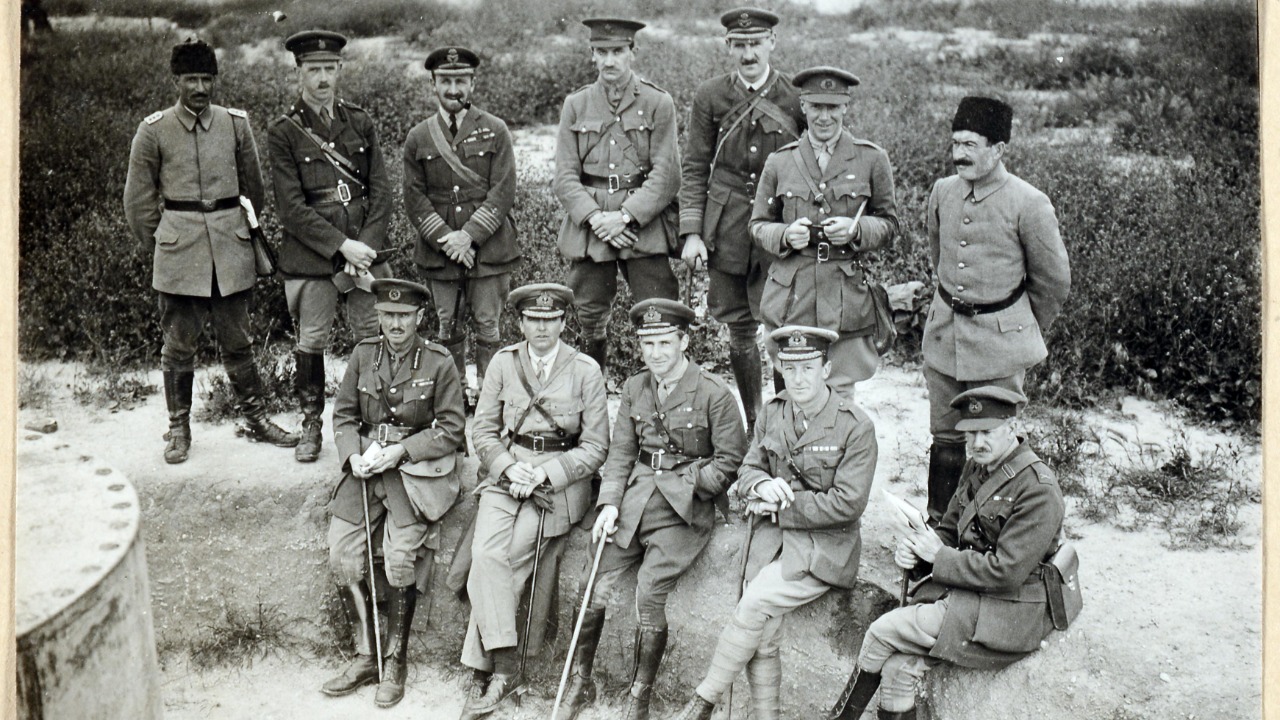
The Gallipoli Campaign, during World War I, aimed to open a new front against the Ottoman Empire. However, the Allied forces faced fierce resistance and harsh conditions, leading to a costly and unsuccessful campaign. The campaign resulted in heavy casualties and is remembered as a significant Allied failure.
Gallipoli demonstrated the challenges of amphibious warfare and the consequences of underestimating an enemy’s determination. The campaign’s failure had lasting impacts on military strategy and highlighted the importance of thorough planning and adaptability.
7) The Battle of Dien Bien Phu
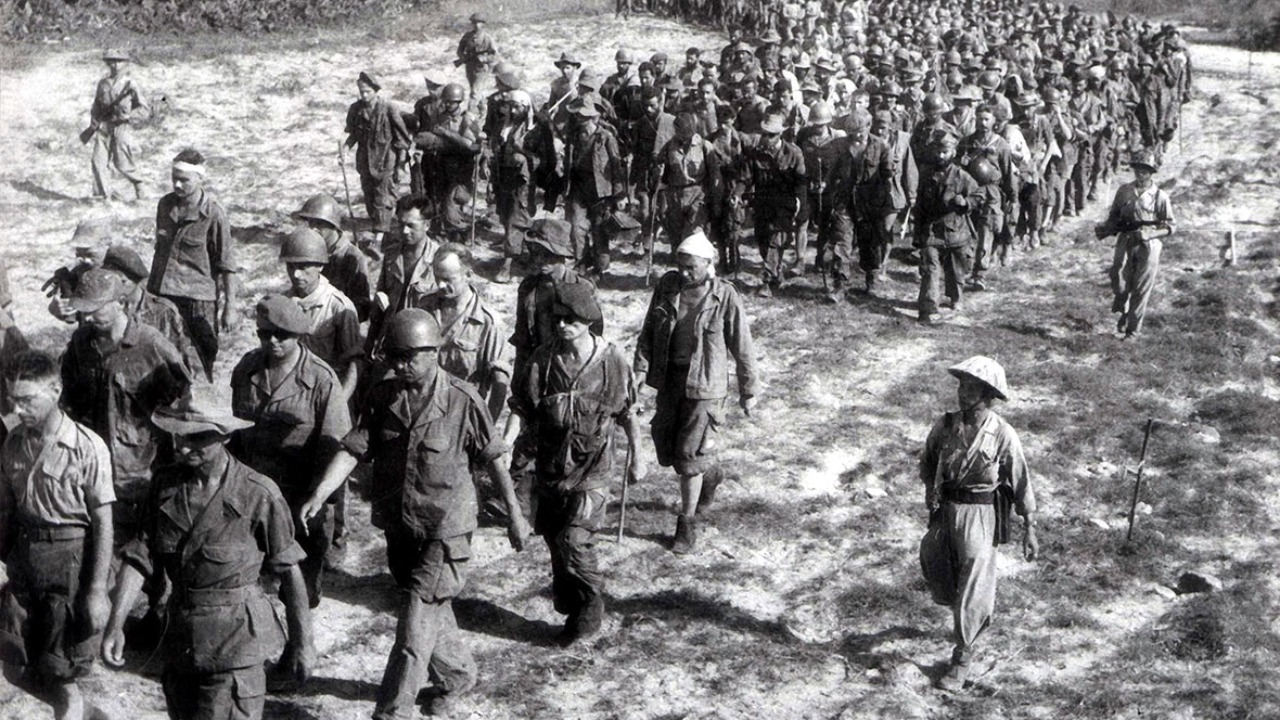
The Battle of Dien Bien Phu marked the end of French colonial rule in Indochina. In 1954, French forces underestimated the Viet Minh’s ability to maneuver artillery into the mountains surrounding their fortifications. The French garrison was eventually overwhelmed, leading to a decisive Viet Minh victory.
This defeat illustrated the strategic disadvantage of being encircled and the importance of understanding the geographical and cultural landscape. The battle was a turning point in the region’s history and foreshadowed the challenges faced by foreign powers in Vietnam.
8) Operation Market Garden
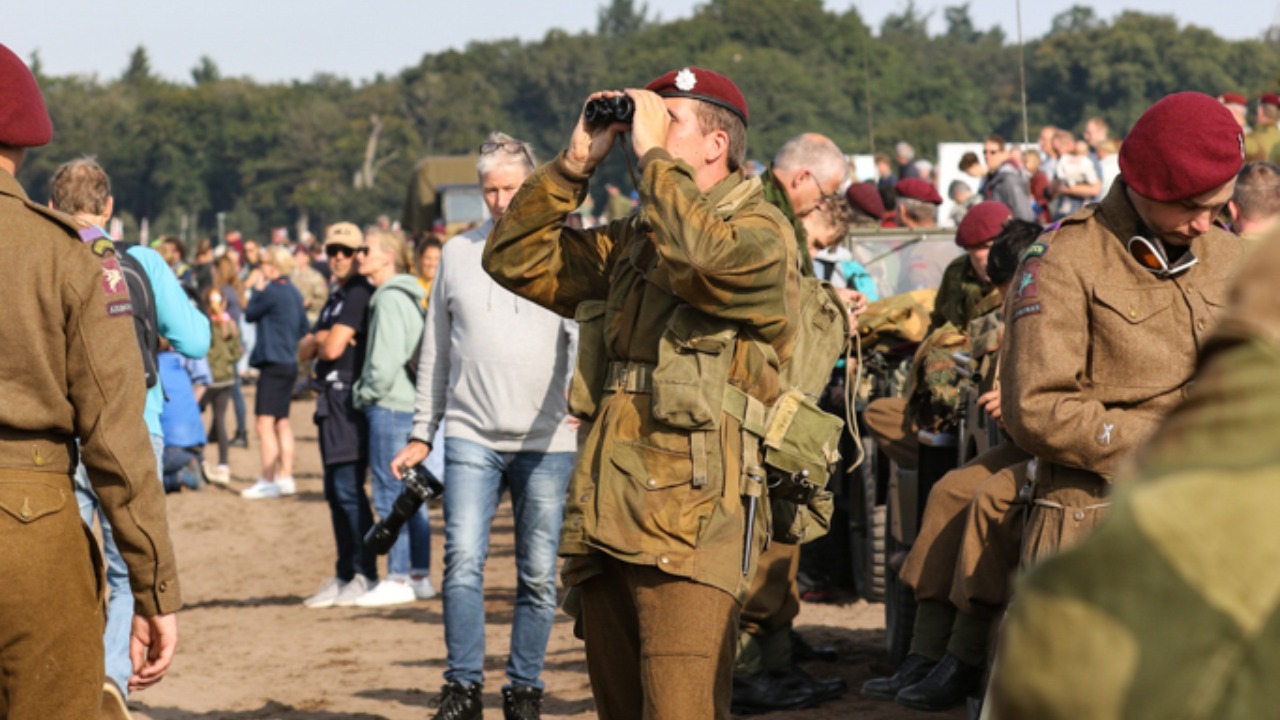
Operation Market Garden was an ambitious Allied operation in World War II aimed at securing key bridges in the Netherlands. Despite initial success, the plan faltered due to logistical issues and underestimated German resistance. The ultimate failure extended the war in Europe.
The operation highlighted the risks of overly ambitious plans and the importance of supply lines and intelligence. Market Garden’s failure is often studied in military academies to understand the complexities of large-scale operations and the need for realistic objectives.
9) The Tet Offensive
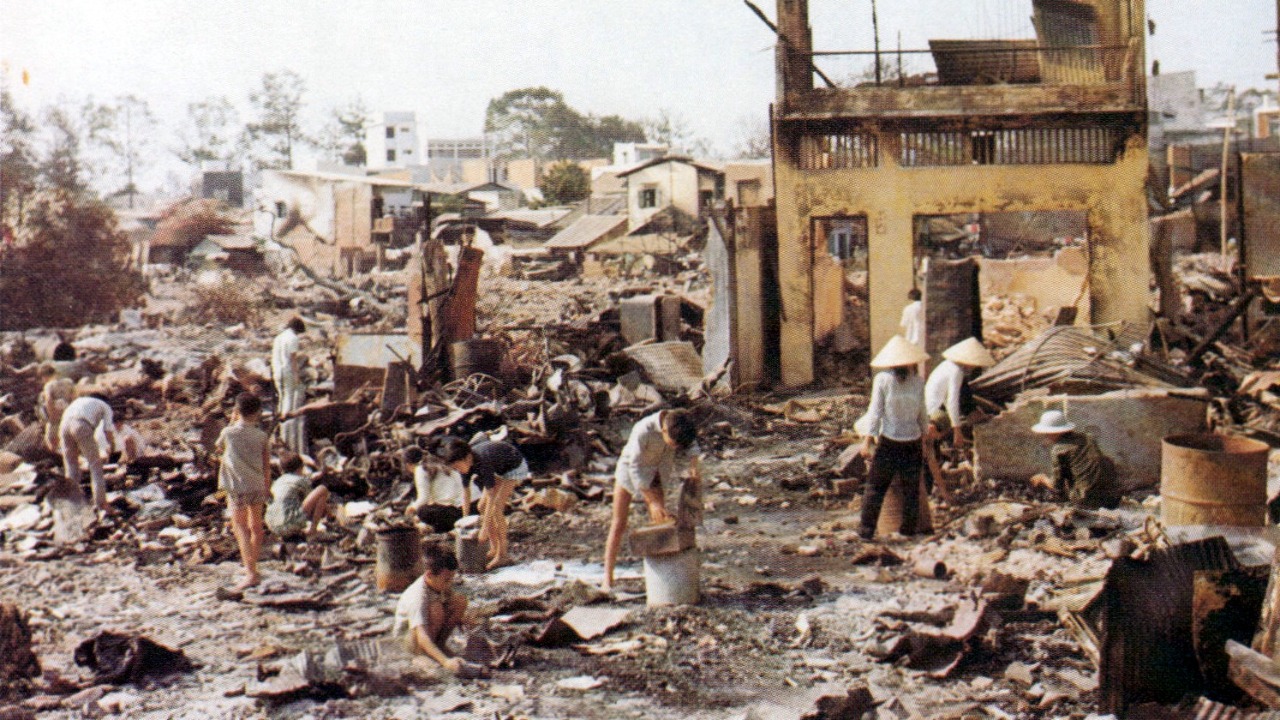
The Tet Offensive was a massive surprise attack by the Viet Cong and North Vietnamese forces in 1968 during the Vietnam War. Although it failed to achieve its military objectives, the scale and intensity of the offensive shocked the American public and eroded support for the war.
This strategic gamble demonstrated the power of psychological warfare and public perception. The offensive shifted the narrative of the war, influencing U.S. policy and eventually leading to a reevaluation of military strategies. The Tet Offensive remains a pivotal moment in the study of military and political strategy.